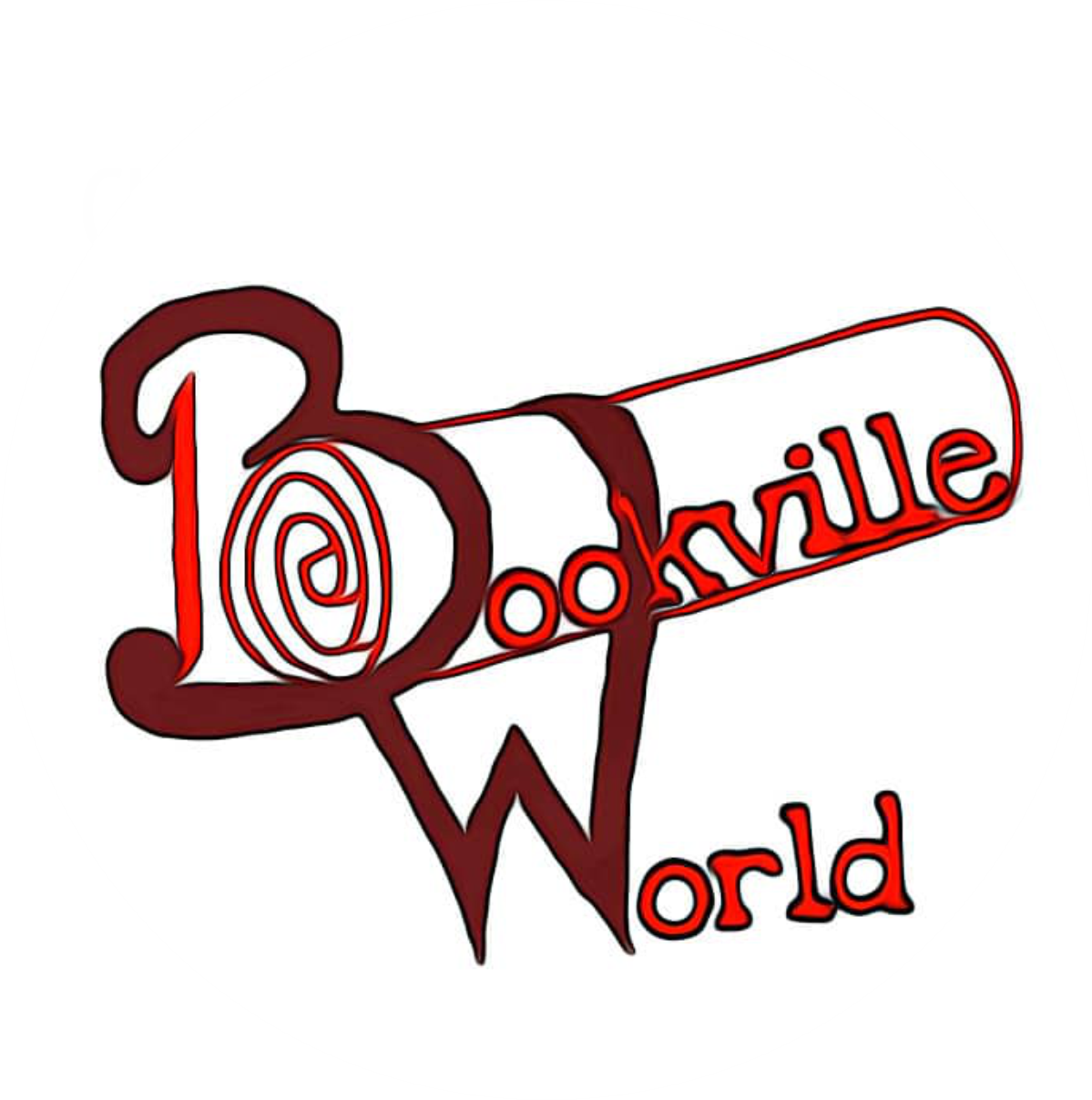
There remains a huge controversy among humans as to: when to eat, what to eat, how to eat, and how much to eat. Though the notion of the ‘three-square meals’ (of breakfast, lunch and dinner) appears to be the standard bearer; in these days of healthy living and persistent weight watching, especially among the female human variety, it has become very difficult to keep up with the numerous dietary advice.
There are now all sorts of ‘dietary plans’ for all sorts of reasons other than those that are medically recommended. Just to mention a few, we hear about: ‘body shape diet’, ‘low-carb diet’, ‘fat-free diet’, ‘Mediterranean diet’, high-fibre diet’, ‘diet 2.0 etc.
But what shall man eat? Wallace D. Wattle in his book The Science of Being Well, proposed that we ask nature herself in order to find out the natural state of man.
He stated that as the process of digestion and assimilation of food is under the supervision and control of an inner division of man’s mentality, called the sub-conscious mind; when more food is needed by the body, it makes the fact known by causing a sensation called ‘hunger’. And whenever there is hunger, it is time to eat.
Wattle asserts that though food taken when there is no hunger will sometimes be digested and assimilated, this is against Nature’s will – as she has to make a special effort to perform these tasks thrust upon her. So, there is a tendency for the digestive power to be destroyed that may lead to numberless evils, if food is habitually taken when there is no hunger. And ‘appetite’ – a desire for the gratification of sensation for taste-tempting devices of the skilled cook is not hunger, he said.
